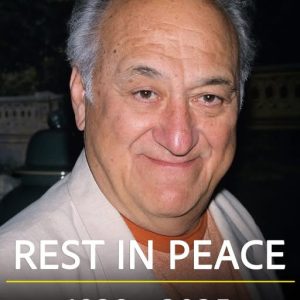The U.S. Supreme Court ruled 7-2 against two veterans who argued their disability claims were wrongly denied despite balanced evidence. The case centered on the Department of Veterans Affairs’ (VA) “benefit-of-the-doubt” rule, which requires granting claims when evidence for and against is nearly equal.
Justice Clarence Thomas, writing the majority opinion, stated that the U.S. Court of Appeals for Veterans Claims is generally not required to review the VA’s application of this rule. Instead, the court’s role is limited to checking for legal errors or clear factual mistakes made by the Board of Veterans Appeals or claims adjudicators.
The veterans involved were Joshua Bufkin, who served in the Air Force from 2005 to 2006 and sought disability for PTSD linked to marital stress, and Norman Thornton, an Army Gulf War veteran whose disability rating was increased but whom he argued deserved a higher rating. The Board found Bufkin’s evidence contradictory and Thornton’s insufficient for a higher rating. The Veterans Court and the Federal Circuit upheld these findings without conducting a benefit-of-the-doubt review.
The veterans argued that law requires the benefit of the doubt be given to them. Justice Thomas countered that the rule involves factual judgments subject to clear-error review, limiting courts’ oversight.
Justices Neil Gorsuch and Ketanji Brown Jackson dissented. Jackson emphasized that Congress intended veterans to have “any reasonable doubt” resolved in their favor and criticized the majority for undermining this protection. Ultimately, the Court concluded the Veterans Court need not independently review the VA’s benefit-of-the-doubt decisions beyond its usual error-checking.





